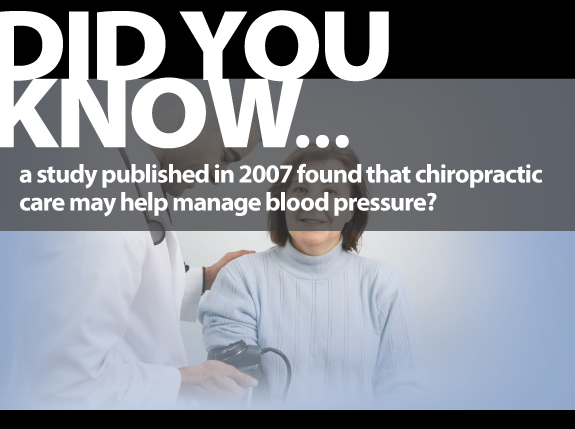Hypertension treatment in Austin
High blood pressure or hypertension, affects more than 50 million Americans and is attributed to one of the leading causes of death. This condition occurs when the arteries of the body become less flexible thereby causing a dangerously high pressure, that ultimately puts strain on major organs of the body such as the heart, kidneys and brain. Blood pressure is expressed as two values given in units of millimeters of mercury (mmHg). The blood pressure of a resting, healthy young adult should be 120/80. In general, a person is considered to have hypertension when their blood pressure is persistently higher than 140/90 at rest.

Like many medical conditions, Primary hypertension (90% of all cases of high blood pressure), has no obvious single cause. When the cause of hypertension is known, it is referred to as secondary hypertension. In five to 10 percent of the individuals with secondary hypertension, the cause is kidney disease. In 1 to 2 percent, the cause is a condition such as a hormonal disorder or the use of certain drugs such as oral contraceptives. Lifestyle and genetic factors largely contribute. Obesity, a sedentary lifestyle, stress and excessive amounts of alcohol or fructose (fruit sugar) in food all play a role in the development of high blood pressure. Thick blood, food allergies and magnesium and calcium deficiency also play a role.
What are the symptoms of high blood pressure?
Typically there are no symptoms of high blood pressure. Unfortunately, individuals usually do not find out their blood pressure is elevated until they have it checked at a doctors visit. However, there are many coincidental symptoms believed to be associated with high blood pressure including: headaches, nosebleeds, dizziness, a flushed face and fatigue. If a person has high blood pressure that is severe or longstanding and left untreated, symptoms such as headache, fatigue, nausea, vomiting, shortness of breath, restlessness, and blurred vision can occur as a result of damage to the brain, eyes, heart and kidneys. In rare cases, high blood pressure may cause brain swelling, which can lead to drowsiness and coma.
What are the common treatments of High Blood Pressure?
Conventional medical treatments will reduce blood pressure symptomatically but they do not address the root cause of the problem. Today, there are more people who are living with diseased blood vessels yet have normal blood pressure. This is due to the fact that blood pressure medications lower blood pressure for an individual, but do not fix the underlying problems. Traditional treatments include the use of over the counter medications and prescription medications.
Recent studies confirmed that Chiropractic adjustments can lower blood pressure. Chiropractic adjustments work to harmonize the body's natural systems by realigning the spinal bones and removing pressure and congestion within the nervous system. This process decreases the physiological stress response and restores optimal function and healing to the body. Along with many other health issues, chiropractic care has shown to consistently achieve remarkable results in helping to stabilize blood pressure.
Think Corrective Chiropractic may be for you? Call us!
To experience Family Health Chiropractic for yourself or your family, schedule a consultation, email us or call 512-347-8881.
Family Health Chiropractic is a full time natural medicine doctor’s office. We have successfully treated all of the conditions we write about. The difference is in the care, technique, and experience you get with Dr. Daniel and his team at Family Health Chiropractic.
